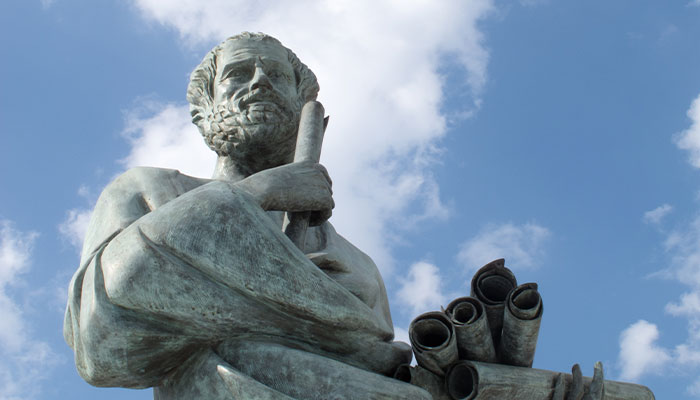Australia’s cultural reticence around ‘dobbing’ hasn’t stopped more than 45,000 people in NSW who have reported pandemic rule-breakers to the NSW Police Crime Stoppers hotline since March 2020 – including more than 5500 who contacted the hotline after an anti-lockdown protest over the weekend.

'Utterly disgusted': NSW Premier Gladys Berejiklian at a press conference following an anti-lockdown protest in Sydney ... more than 5500 people contacted Crime Stoppers with evidence to help police identify the protesters.
Dobbing has been a social taboo in Australia since our convict days, when informing the authorities about peers who broke often cruel regulations earned dobbers widespread ostracism – and often retaliation.
However, the larger societal threat of the COVID-19 pandemic has derailed these historic social norms, says Associate Professor Mark Alfano from Macquarie University's Department of Philosophy.
“There's an important difference between dobbing in the case of pandemic violations and snitching on people for other types of violation,” Alfano says.
If you report on your workmate taking a long lunch, or on your neighbour building an illegal pergola – it’s different from dobbing in the case of pandemic violations.
He says that the key difference is about the extent of harm.
“If you report on your workmate taking a long lunch, or on your neighbour building an illegal pergola – it’s different from dobbing in the case of pandemic violations, because when someone violates pandemic rules, they are potentially harming the entire community."
Violations and their consequences
Alfano says that the consequences of rule-breaking during a pandemic can be profound.
“We know that one unvaccinated limo driver who transported international flight crews allegedly without wearing a mask is thought to be the source of the entire outbreak that we have right now in Australia, with more than 1500 cases found, half the country in lockdown, over a hundred people in hospital and several deaths.”
He says that dobbing in other contexts can often be destructive, especially where it is used to advance a personal grudge or manipulate an outcome.
- Starbugs to boldly go further into astronomy's final frontiers
- Please explain: Can we control our dreams?
But reporting rulebreakers during a pandemic is not about punishing individuals, but rather about protecting the community, he says.
“We have seen a number of super-spreader events, such as the illegal party in a Sydney Meriton suite a few weeks ago; some have been linked to dozens of cases,” he says.
“When people report this, it's not just a private event that is happening just in one person's home – it's something that endangers the entire community.”
Ethical framework
Alfano says that Aristotle can provide guidelines when thinking about this issue. “Aristotle argues that we should try to do the right thing, for the right reason at the right time; and we don’t want a society where everyone tattle-tales on others for any violation whatsoever,” he says.

Test of time: A statue of the Ancient Greek philosopher Aristotle, who can provide guidance even now in 2021.
“But it’s appropriate to report certain people for the right reasons, and do it in a prompt way. Having a grudge against your neighbour is not a good reason; but if you do it to protect the rest of the city from a potential super-spreader event, you are fulfilling a social obligation.”
He gives the example of neighbourhood building noise. “Living next to a construction site is challenging at the best of times, but during lockdown when there is no escape, it can affect your work and your mental health.”
However, the inconvenience in such a scenario is to an individual and finding things to complain to council or police about, is more about punishing your neighbour than providing service to society, he says.
People attending parties in lockdown obviously don’t want their grandparents to die, but nevertheless that’s what they are risking.
“We've had dozens of people in ICU in NSW in the past couple of weeks and a number of deaths,” he says.
“People attending parties in lockdown obviously don’t want their grandparents to die, but nevertheless that’s what they are risking, so reporting violations can be seen as trying to better protect the society, but also helps stop the party-goers from harming people they care about.”
Alfano says that ‘dobbing' in this scenario could be considered a ‘burdened virtue', a term coined by the feminist philosopher Lisa Tessman to describe the way that enacting a virtue such as resisting oppression, can detract from the wellbeing of the bearer of this virtue.
“While you are doing something that is good for society, most people feel a level of guilt and betrayal by dobbing someone in, and perhaps anxiety about retaliation – so it’s a virtue that might not make you feel very good about your own actions,” he says.
Dr Mark Alfano is an Associate Professor of Philosophy and member of the Centre for Agency, Values and Ethics.



